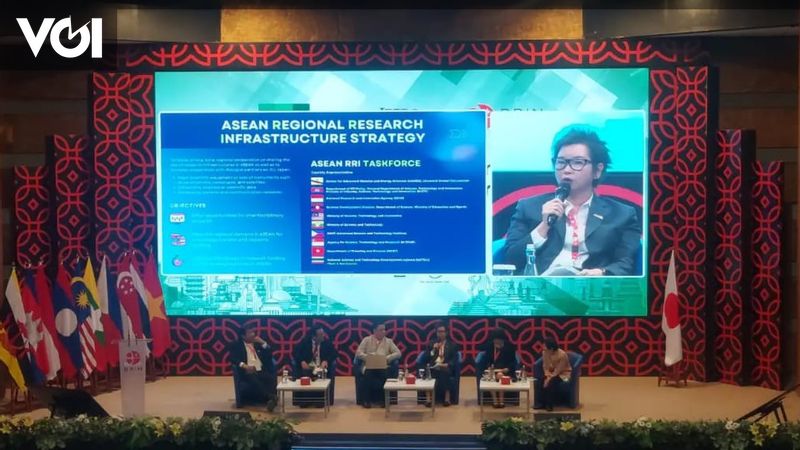Key Takeaways
- ASEAN countries are exploring smart city initiatives, emphasizing the need for adaptation to local cultures and social contexts.
- Collaboration among interdisciplinary experts is crucial for the successful implementation of smart city solutions.
- Thailand showcases a successful AI platform that improves public complaint responses, reducing resolution time from months to hours.
Smart Cities and Cultural Adaptation
ASEAN countries are attempting to develop smart cities by integrating technology into urban planning and public services. However, experts assert that the concept extends beyond mere technology. Budi Prawara, Head of the Electronic and Informatics Research Organization at Indonesia’s National Research and Innovation Agency, noted that smart cities must adapt to local social and cultural contexts for true innovation.
Prawara highlighted the importance of interdisciplinary research to understand the unique cultural diversity that Indonesia possesses, with over 700 distinct cultures. To ensure success, collaboration between experts across various fields is essential when designing smart cities.
Thailand serves as a notable example, having successfully implemented technology in urban management. Urachan Tananchai, Executive Director of NSTDA Thailand’s Nanotech, shared how an Artificial Intelligence (AI)-based platform has revolutionized public complaint management in Bangkok. This platform employs chatbots to streamline responses, enabling the government to address complaints in about an hour, a significant reduction from the previous three-month response time. The initiative has expanded to over 30 cities in Thailand.
In addition to AI, Thailand is utilizing nanotechnology to tackle environmental issues, such as water quality monitoring in remote areas through nano sensors. Urachan emphasized that technology should empower communities, highlighting that transparent communication builds trust in innovation.
The development of smart cities in the ASEAN region, while promising, entails navigating complex social dynamics and ensuring inclusive approaches that resonate with local populations. Successful examples like Thailand’s AI integration provide valuable lessons on the potential for technology to enhance urban living while remaining culturally relevant.
The content above is a summary. For more details, see the source article.















